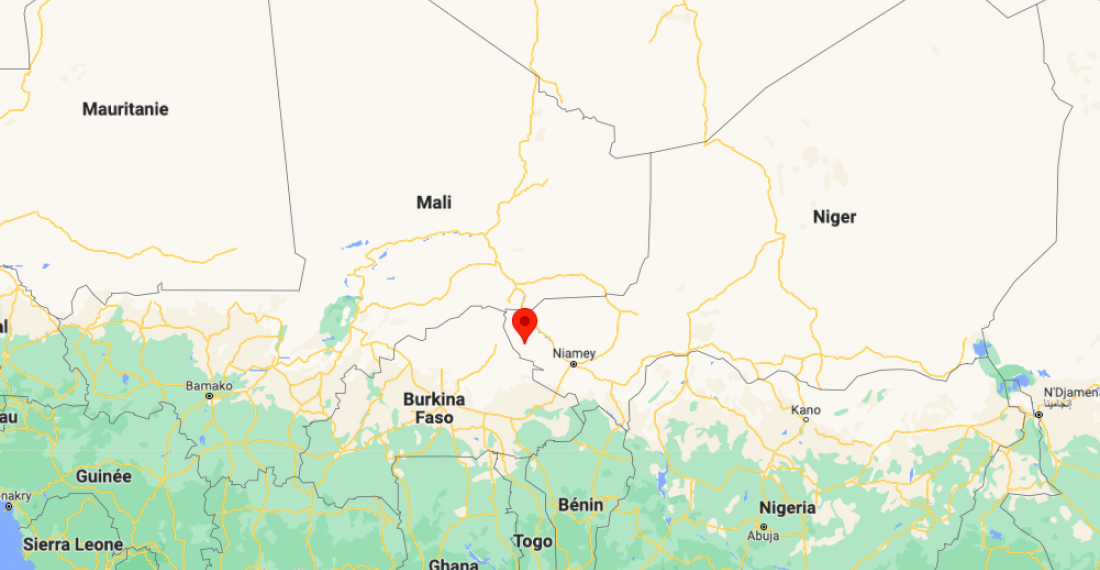The armed forces of Burkina Faso and Niger claim to have killed around 100 “terrorists” during a joint operation carried out from 25 November to 9 December, on the border between the two countries where there have been recurrent jihadist attacks.
The various actions made it possible to “neutralise a hundred terrorists” and to “apprehend about twenty suspicious individuals”, the two forces explained in a statement. Four Burkinabè soldiers were killed during this operation in an explosion of an improvised explosive device in eastern Burkina Faso, Ouagadougou announced. 13 soldiers from both countries were injured.
For this operation, “the national armed forces of Burkina Faso and Niger have each deployed several land units”, continued the statement by the army commands. “Surveillance and combat aircraft were also mobilised on both sides to support the units engaged” during this operation, whose command post is in Tillabéri, in western Niger.
In Burkina Faso, growing security failures have aroused the exasperation of the population and prompted the prime minister, Christophe Dabiré, and his government to resign on Wednesday (8 December). The country participated in another joint operation from 21 to 27 November, alongside the Ivory Coast, Togo and Ghana, with which it also shares its southern border. This resulted in the arrest of 304 suspicious individuals and the seizure of weapons and explosives.







